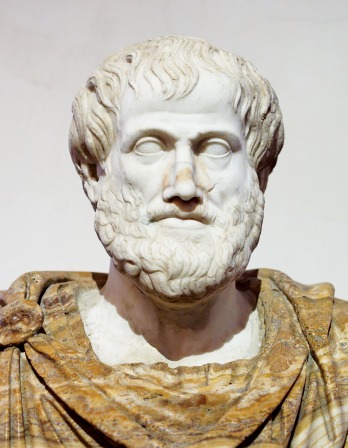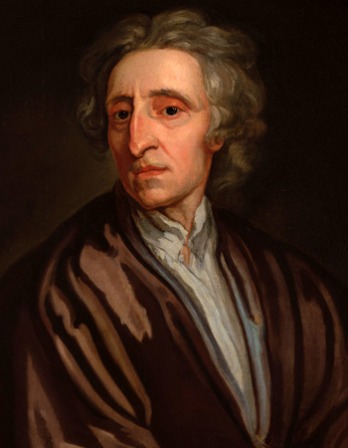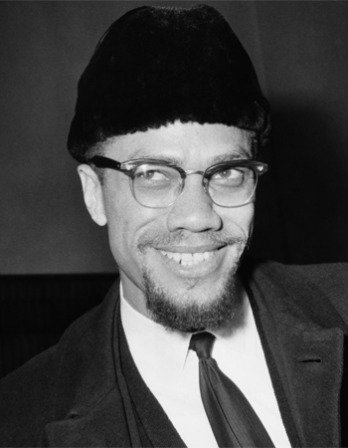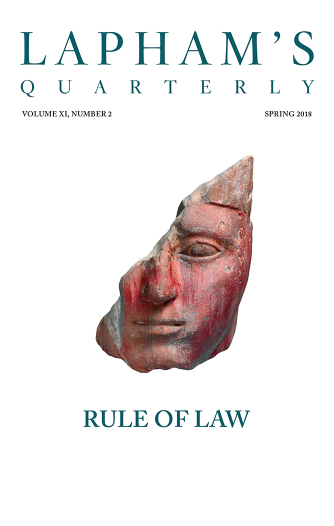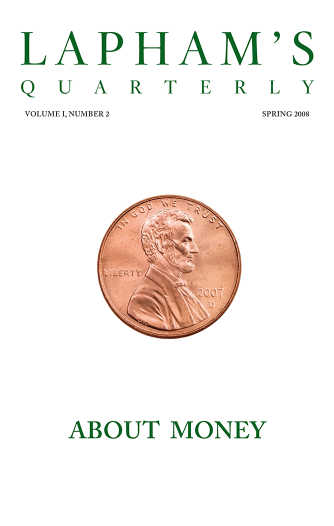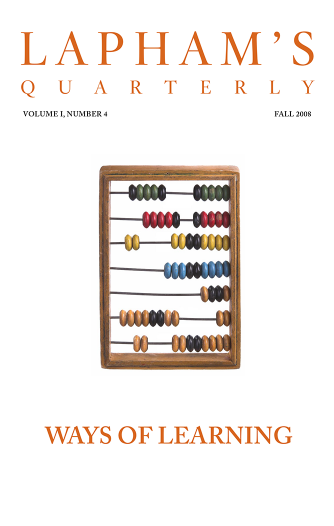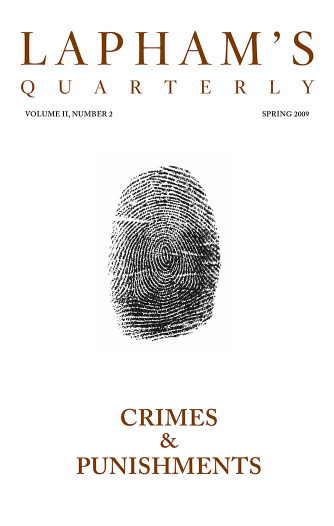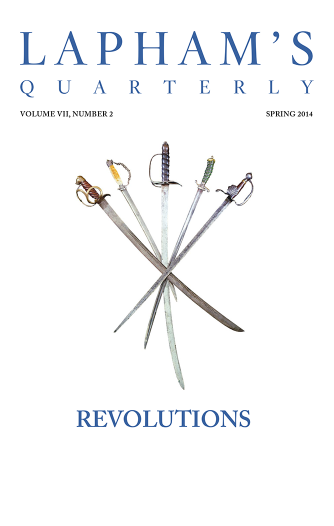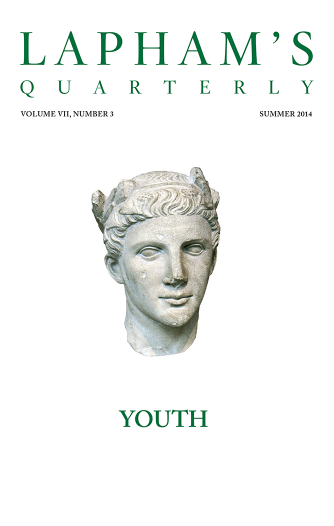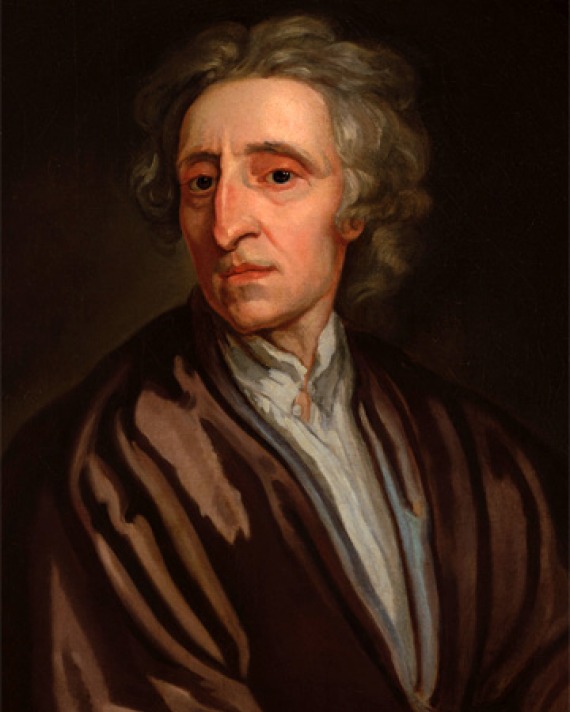
John Locke
(1632 - 1704)
John Locke developed his theories on government and civil liberty in defense of the Glorious Revolution of 1688, and intended to counter the argument in favor of absolute monarchy put forward by his contemporary Thomas Hobbes. Having served as a professor and unlicensed family physician, he only began to write his major works, Two Treatises of Government and An Essay Concerning Human Understanding, when he was nearly sixty. Regarded as the father of the English Enlightenment, Locke was made a fellow of the Royal Society in 1668, and died in Essex at the age of seventy-two in 1704.
